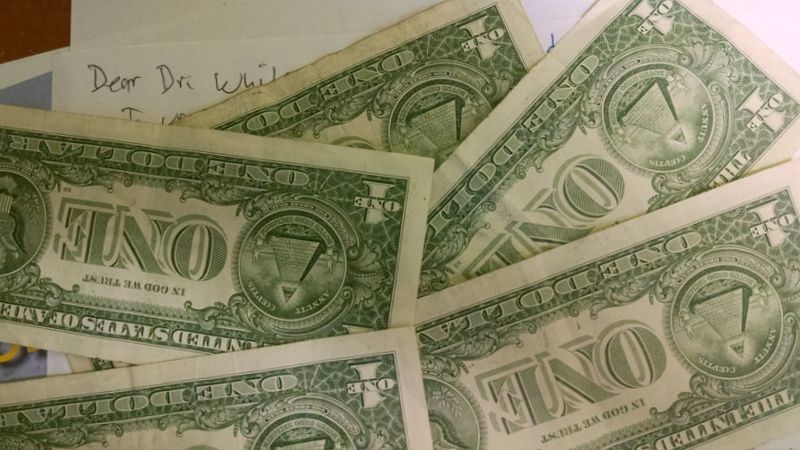For professional archaeologists, participating in the peer review process comes with the territory. Peer review, however imperfect it may be, is a mechanism of quality control: if someone with legitimate expertise can raise serious/significant questions about aspects of your work, you should be able to address those questions one way or another before the work is published.
We all get asked to anonymously read and comment on articles that fall within our particular wheelhouses. For various reasons (time, conflicts, lack of interest, etc.) I don't always say "yes." But most of the time I do.
We do peer review for journals for no direct compensation. It can take a lot of time to carefully read and comment on a submission, especially if the paper is somewhere in the zone where it will be publishable after non-trivial adjustments (i.e., it's not good enough to give say "publish now" but not poor enough to say "toss it out"). I think most of us consider doing journal-based peer review to be part of our responsibilities as scholars.
I will admit I'm increasingly conflicted about doing review work for journals that limit public access using paywalls. I would prefer that everyone -- especially those that support the research through tax dollars -- be able to read everything. Those concerns are increasingly factoring in to my decisions about what review requests to accept and where to submit my own work for publication.
But then there are cases where we are offered something to read, review, or comment on a piece of scholarly work. I've recently done two book reviews for American Antiquity (copies here) and I did an essay for Reviews in Anthropology that included review of three new books. In those cases, I got a publication out of the deal.
This week, I got an email asking me to review a textbook and provide "detailed feedback" within one month. For my troubles, the publisher -- a major book publisher -- offered me the princely sum of $150 or $300 worth of books.
How long would it take me to carefully review and provide detailed feedback on an entire textbook? If it took me 20 hours I'd barely be making minimum wage. And I'd be putting all the other things I need to do on hold to accomplish that. Do I have a "duty" to devote my time to reviewing a textbook that will be sold for profit? I'm just not feeling it.
A few months ago, I received an envelope that contained an advertising flyer for a book, a hand-written letter, and $5 in one dollar bills. The letter urged me to buy the book but did not mention what I was supposed to do with the $5. I guess it was supposed to be some kind of incentive to move the book up in the queue of "things I need to read." Right?
I have remained strangely paralyzed about it: the bills are still in a pile on my table. Something about it feels oddly icky. Yet I continue to let them sit there.
I can barely keep up with reading the abstracts of the "first tier" literature that is coming out in my areas of interest, let alone reading it all or devoting multiple work days to mark up someone else's textbook. I can't be the only one who feels somewhat besieged.



 RSS Feed
RSS Feed
